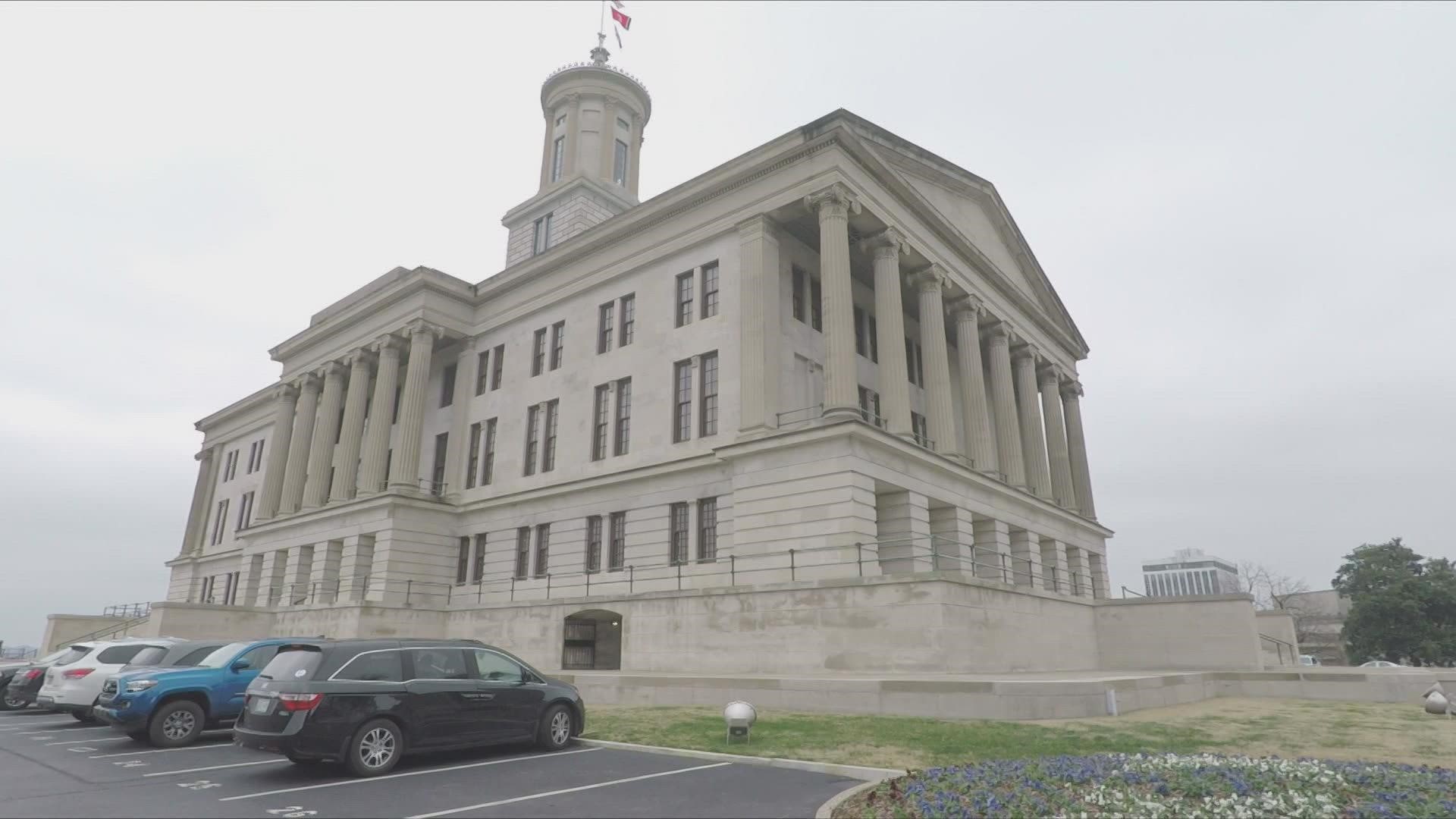NASHVILLE, Tenn. — On Oct. 19, East Tennessee lawmakers called for a special session focused on COVID-19.
It will include discussion on vaccine mandates, mask mandates and other restrictions tied to the virus, beginning the afternoon of Oct. 27 at 4 p.m. central time, 5 p.m. eastern time.
Lt. Governor Randy McNally (R-Oak Ridge) and Speaker Cameron Sexton (R-Crossville) formally issued the call for the special session over "overreaching health care mandates."
The call was signed by more than two-thirds of members from both chambers.
"The COVID-19 crisis — and how various institutions have adapted and reacted to it — has created new and unique legislative challenges. This is an opportunity to make the General Assembly’s voice heard on issues regarding masks, vaccines, executive power, and federal mandates,” McNally said.
State Representative John Ragan (R-Oak Ridge) said he's looking forward to having these conversations.
"Assuming it materializes, there's going to be some difficult issues that have to be tackled," he said. "The governor issued an executive order that was taken to court and many of us in the legislature felt that that was not the proper thing to be done."
He said they plan to carry legislation that will ensure that can never happen again.
RELATED: Tennessee representative reacts to potential law prohibiting employers from mandating vaccine
State Representative Gloria Johnson (D-Knoxville) said a special session on COVID-19 restrictions frustrates her.
"We're one of the lowest 10 states in vaccinations. It's very distressing," she said. "And now, we're going to have a special session that is going to be more about preventing the good things to happen that will stop the virus."
State Senator Dr. Richard Briggs (R-Knoxville) said he originally held off from asking for a special session but is up for having the conversation.
"I'm going into this with an open mind, but also reminding them I am a physician," Dr. Briggs said. "I do have to take what I consider to be medical truths and medical facts into consideration."
He said he does not like the idea of absolute mandates from government, but that he's open to local decisions on public health policy.
"I think the difficulty with this special session is balancing all of those requirements into something that's fair, but yet [making sure] we can protect the public health," he said.
You can watch the special session live here.

